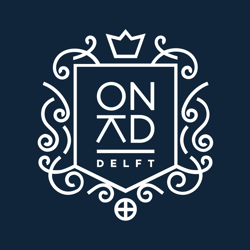1530 –✝ 1625
Clara van Spaerwoude
Clara van Spaerwoude is inextricably linked to Delft history. There is even a Delft street named after her. Van Spaerwoude became best known for her enormous inheritance, which she distributed in the form of wedding gifts. Until over three hundred years after her death, she used them to make many couples happy.

Delft girls
As the daughter of a goldsmith, Clara van Spaerwoude never lacked money. As well as a large fortune, she had a big heart. From 1578 to 1579, Van Spaerwoude cared for the poor brothers; in 1578 and from 1581 to 1590, she was the mother of the Delft Girls' Home. She also supported several charities.
Wedding gifts
In 1556, Clara van Spaerwoude married mayor's son Arent van der Meer. The wealthy benefactress and her husband had no children. Perhaps that is why she had it recorded in her will that her estate was to be distributed in the form of marriage gifts to 'pious and honest boys and daughters of my family'.
Half a million guilders
From Clara van Spaerwoude's death, married descendants received about three hundred guilders each. This amount became less and less, until converted to about 11.35 euros in 1922. Then the minister decided to dissolve the fund. The remaining capital - about half a million guilders - was divided among the poorest descendants. Today, a beautiful epitaph in the Old Church still refers to the extraordinary Clara van Spaerwoude.
Discover more about Key Characters
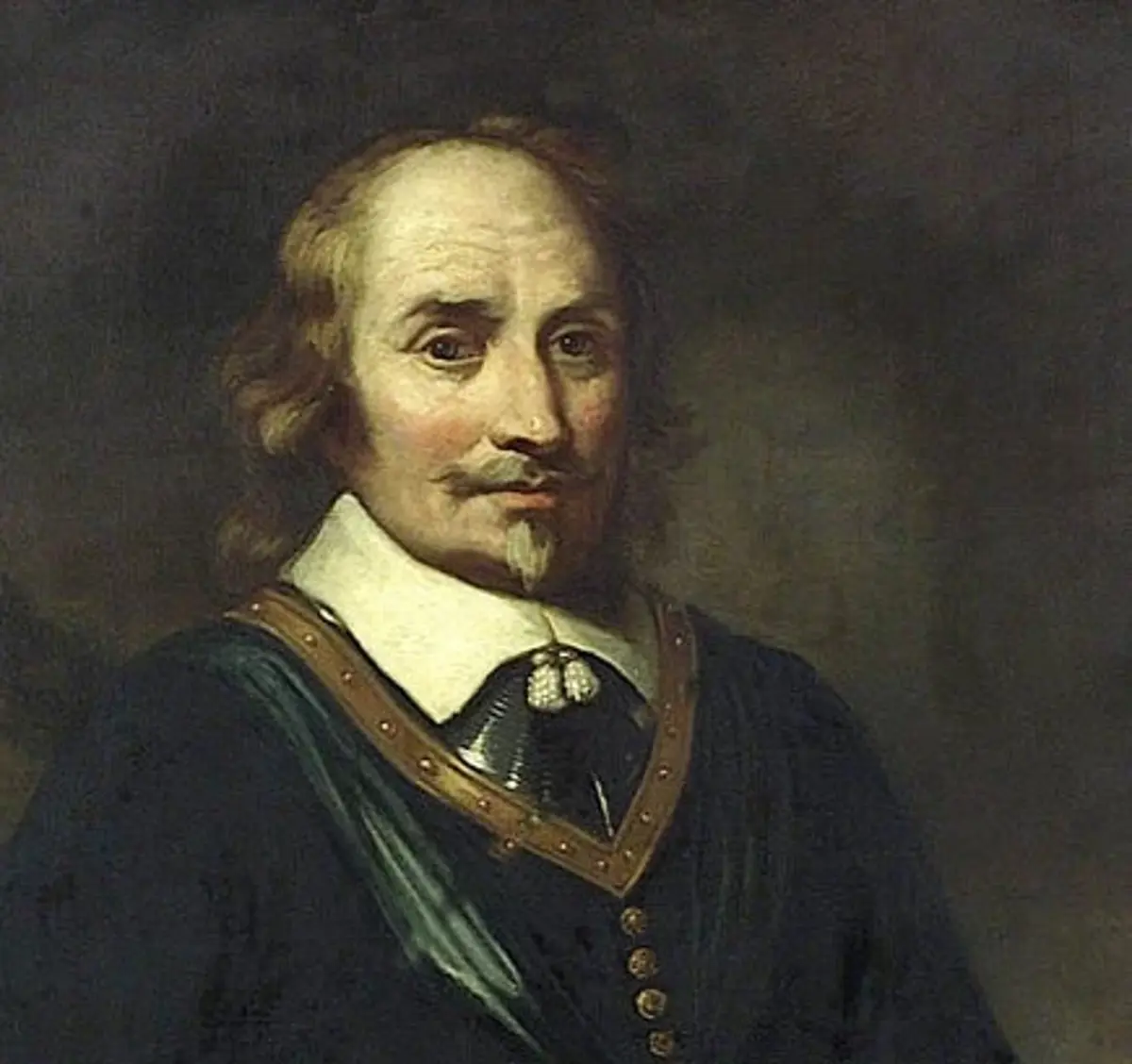
Maarten Tromp
Maarten Harpertszoon Tromp is perhaps the most notable naval hero in Dutch history. At a time of international tension and increasing world trade, he served alternately in merchant shipping and the navy. From there, he worked his way up from ship's boy to commander-in-chief.
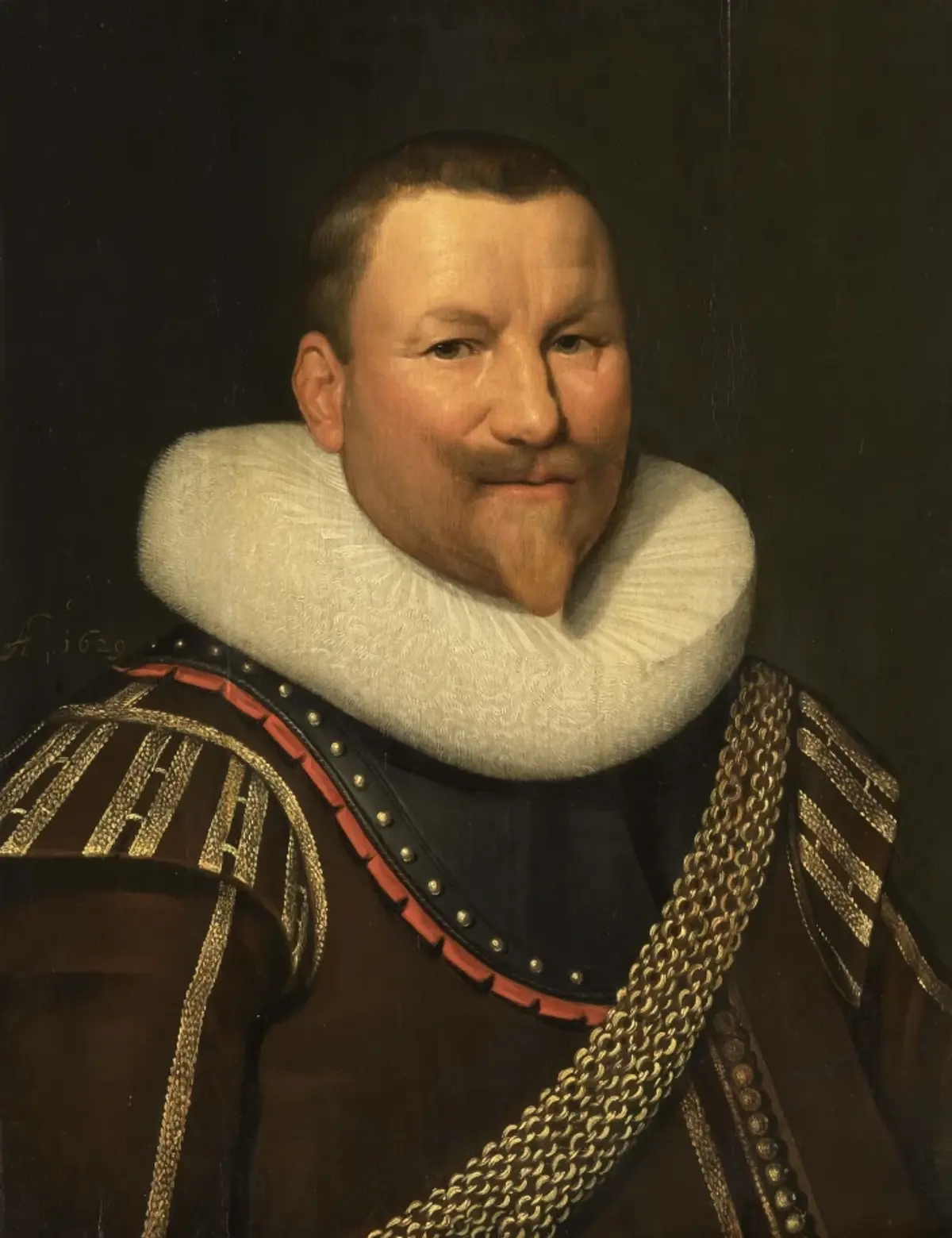
Piet Hein
'Piet Hein, his name is small, his deeds are great, his deeds are great, he has won the Silver Fleet ...' The triumphant lyrics of the famous song about Piet Hein. In 1628, he hijacked a very valuable sea transport from the Spanish ruler, making him one of Holland's most famous naval heroes.
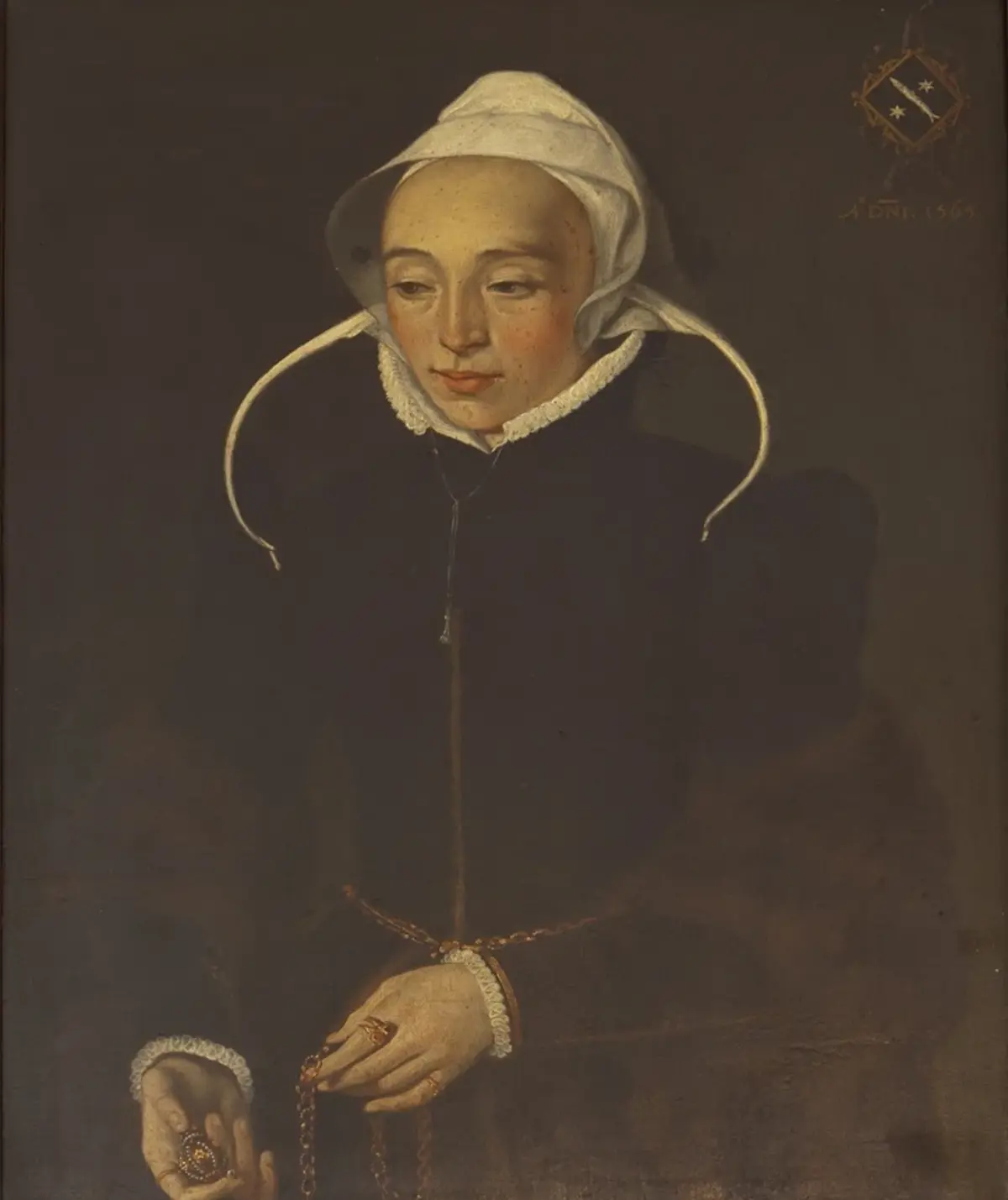
Clara van Spaerwoude
Clara van Spaerwoude is inextricably linked to Delft history. There is even a Delft street named after her. Van Spaerwoude became best known for her enormous inheritance, which she distributed in the form of wedding gifts. Until over three hundred years after her death, she used them to make many couples happy.
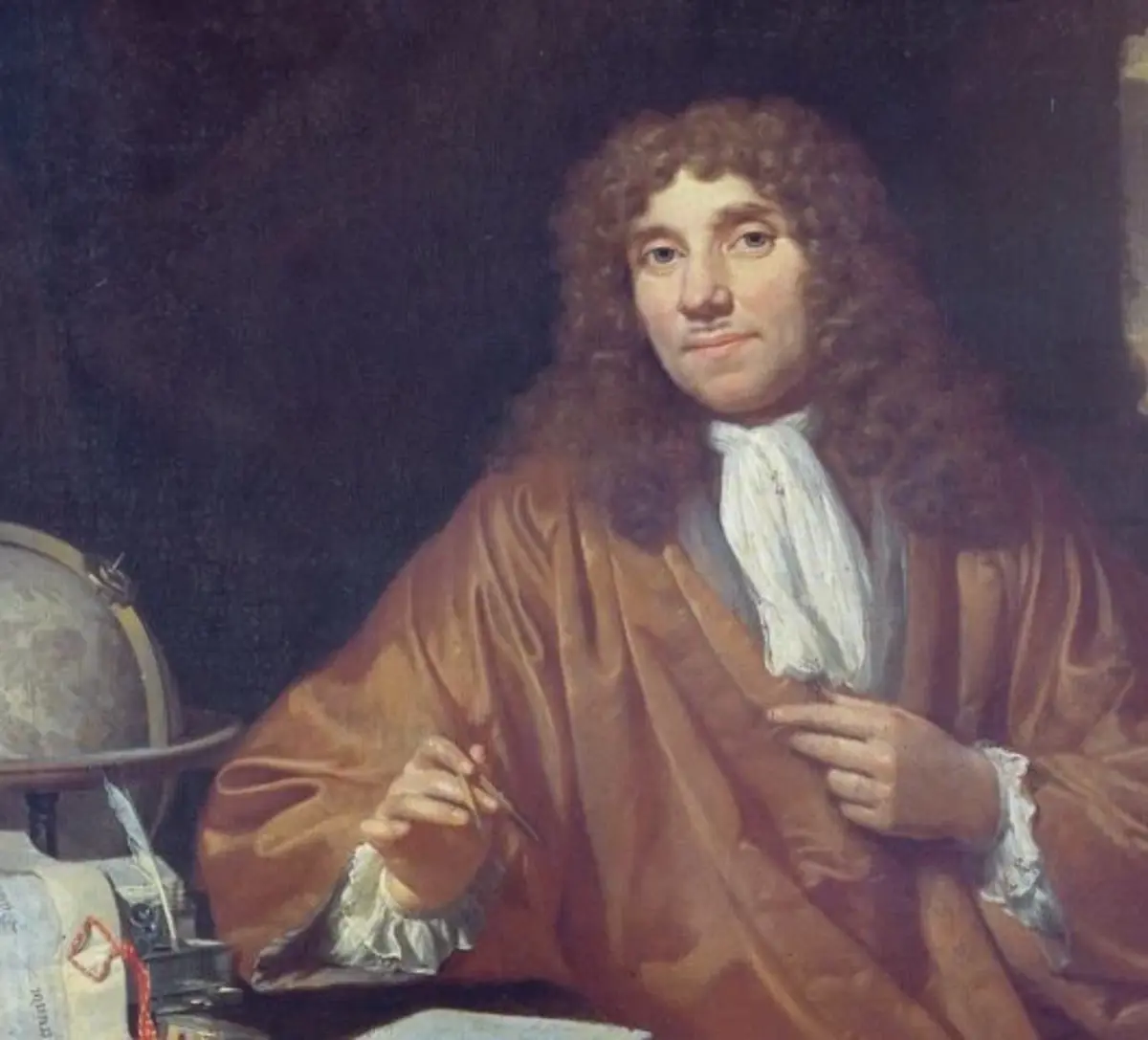
Antoni van Leeuwenhoek
Antoni van Leeuwenhoek is best known as the man who improved the microscope. However, he also made several progressive scientific discoveries. Still today, this pioneer is respected for his extraordinary achievements as an inventor and researcher.
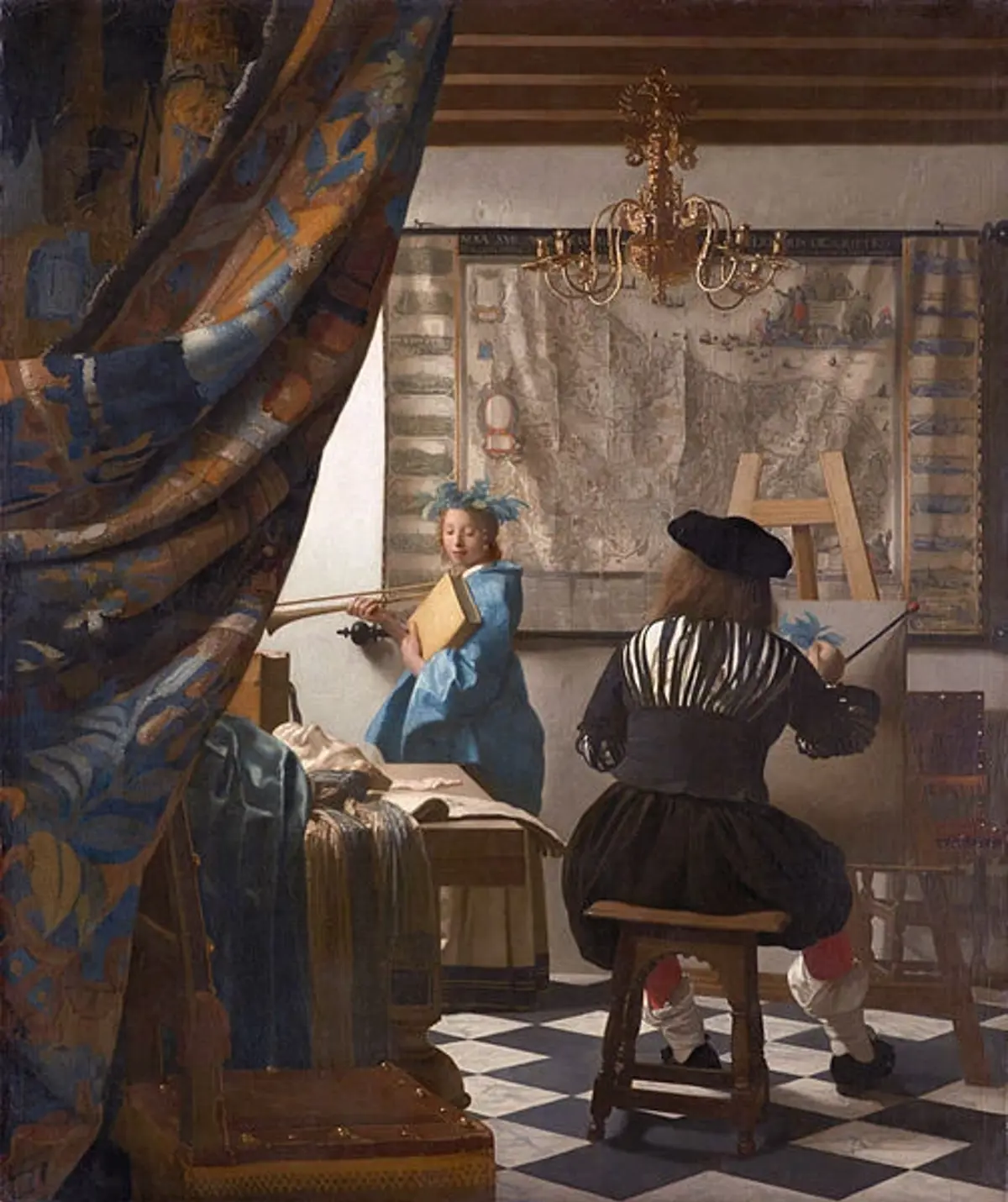
Johannes Vermeer
The 'Master of Light', 'Sphinx of Delft', or Johannes Vermeer, is perhaps the most famous painter in Dutch history. With his unique works, in which the stunning rendering of sunlight is particularly striking, this Delft native achieved international fame. However, Vermeer died as a pauper ...
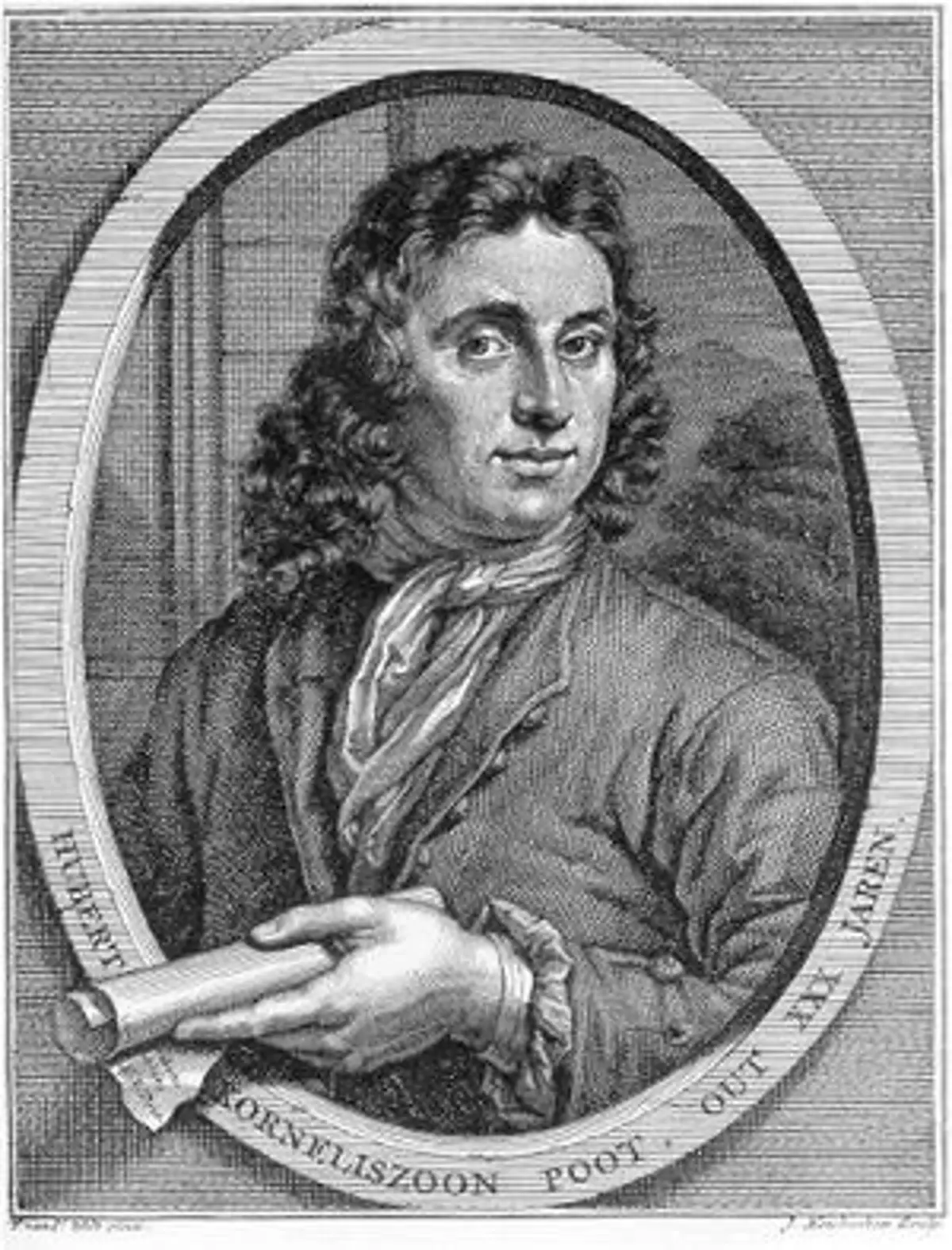
Huibert Poot
'How satisfyingly rolls the life, of the rested lanterman, who would give zyn blissful fate, however small, for no king's crown!' So reads the beginning of 'Akkerleven', by poet Hubert Korneliszoon (Huibert) Poot. Thanks in part to this poem, Poot acquired an indelible place in Dutch history.
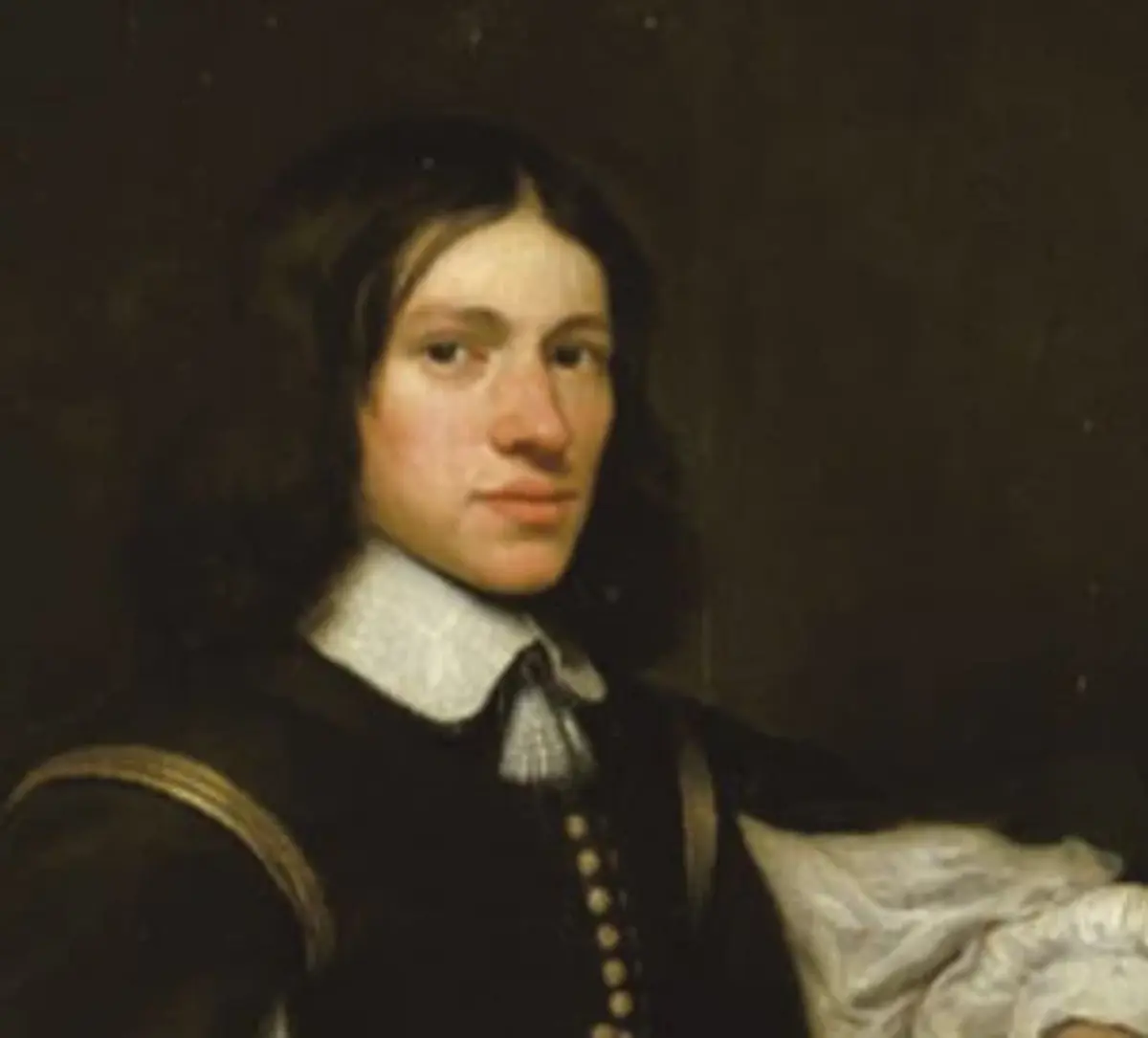
Anthonie Heinsius
Anthonie Heinsius was een uit Delft afkomstig staatsman in de tijd van stadhouder Willem III van Oranje. Begonnen als advocaat, werkte hij zich uiteindelijk op tot raadspensionaris van het gewest Holland – zij het niet helemaal vrijwillig …
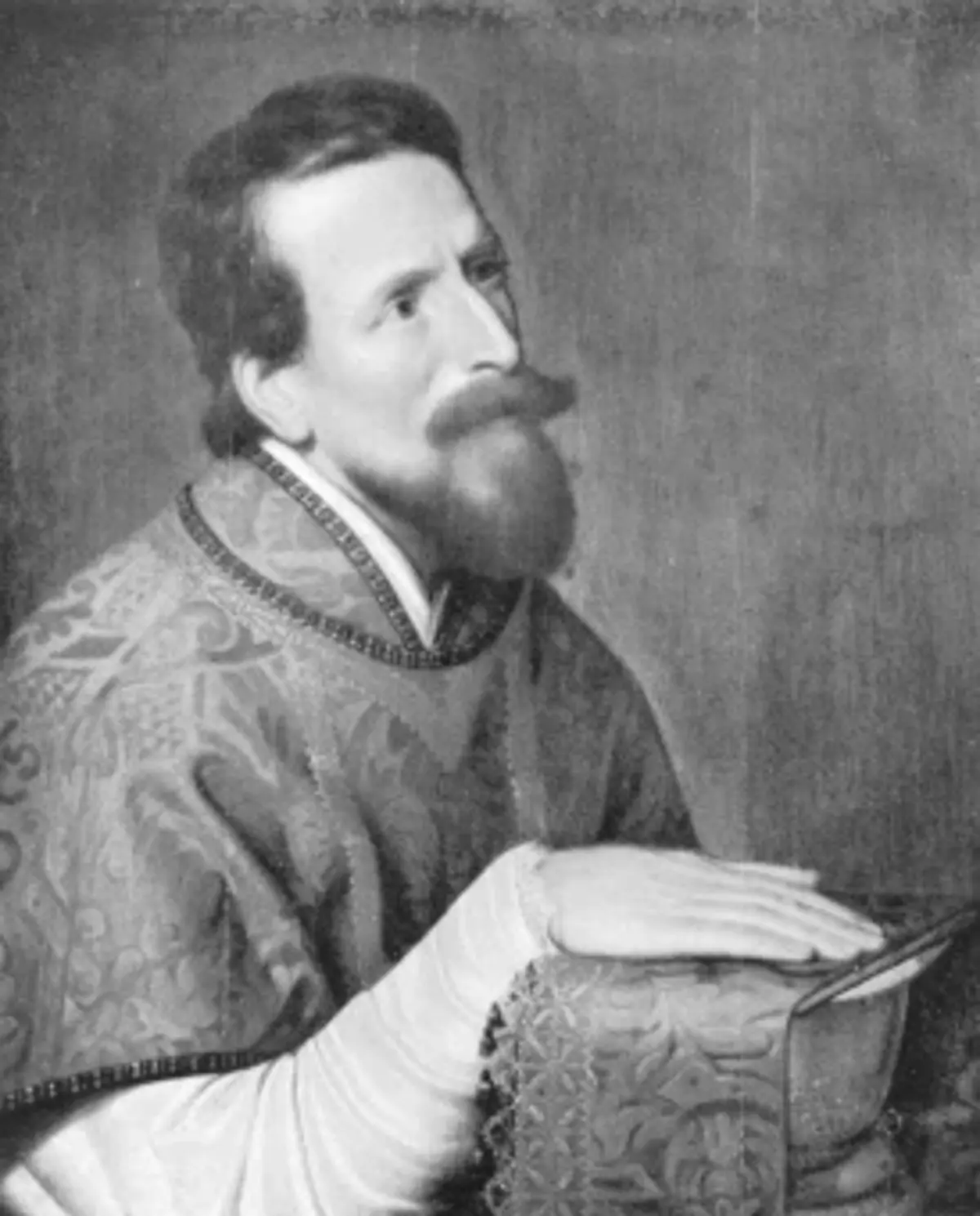
Johannes Stalpaert van der Wiele
After the Eighty Years' War (1568-1648), Protestantism became the dominant religion in the Netherlands. The Iconoclasts had violently stripped all churches of images of saints. Catholics were forced to meet in hideaway churches. Poet, lawyer and priest Johannes Stalpaert van der Wiele stood up for them.
